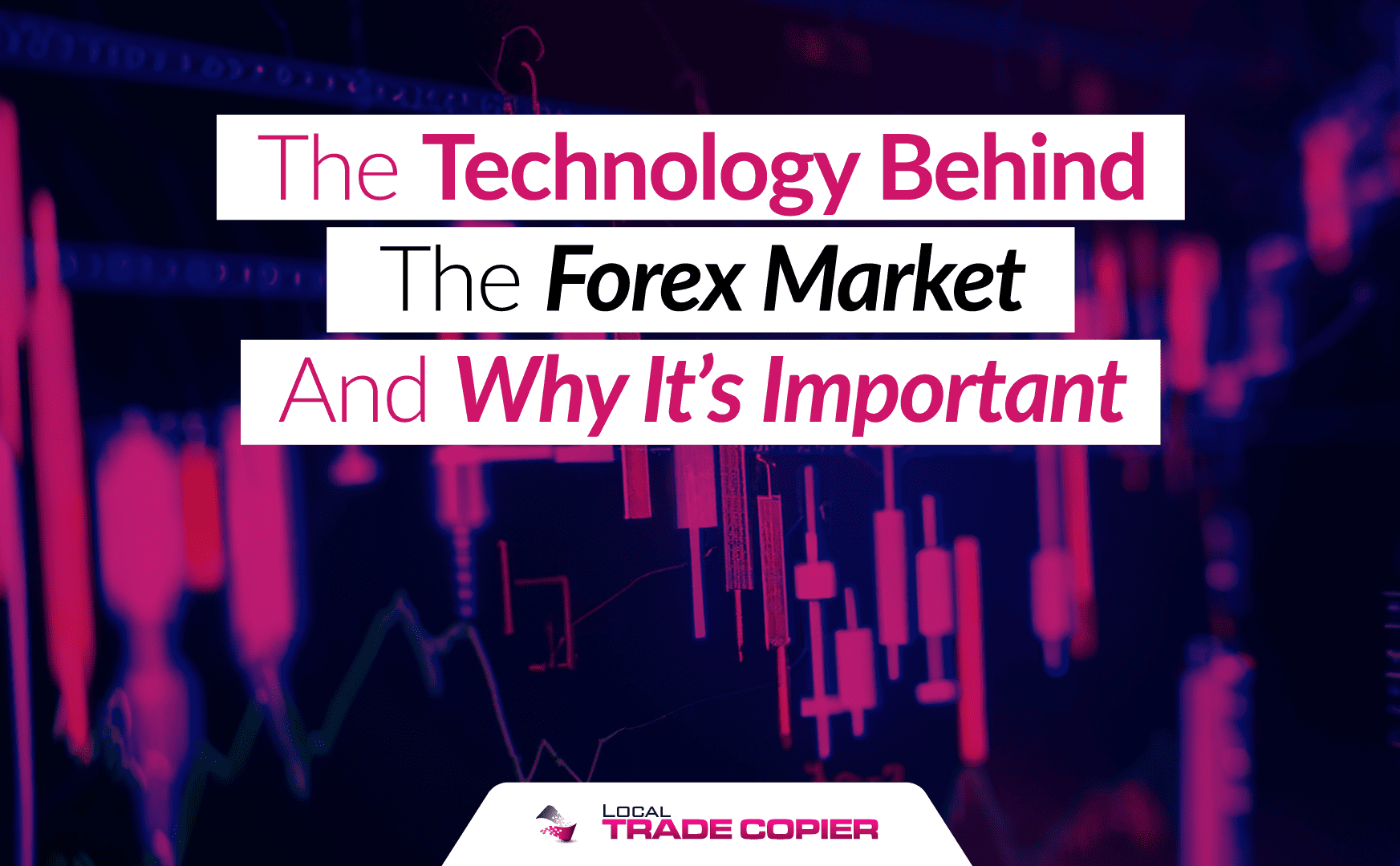
Dive into the realm of Forex trading, a global stage where currencies dance to the tune of technological advancements. This article unravels the symbiotic relationship between technology and the Forex market, unveiling why this fusion holds the key to reshaping our financial world.
Understanding the World of Forex Trading
The realm of Forex trading, often referred to as foreign exchange, is a captivating and intricate world where currencies are bought, sold, and exchanged. Imagine a marketplace that spans across the globe, where different currencies are traded against one another. This market operates on a fascinating principle—value fluctuates, influenced by many factors.
The Basics of Forex Trading
Forex trading involves swapping one currency for another. It’s a market that thrives on currency pairs and their ever-shifting values, which are impacted by an array of elements such as economic stability, geopolitical events, and the predictions of traders worldwide.
The Role of Currencies
Each currency holds its own unique value, which is intricately tied to the economic health of its country. Some currencies, like the US dollar, euro, or Japanese yen, hold sway in the market due to their stability and global recognition.
Market Participants
Within the Forex market, a variety of players make the scene vibrant and dynamic. From the heavyweights like central banks and financial institutions to individual retail traders, everyone contributes to the ebb and flow of this economic symphony.
The Impact of the Global Economy
This market dances to the tune of global economic conditions, political events, and even natural disasters. Every change in these factors can significantly sway the value of currencies.
Technology’s Influence on Forex
Now, imagine this dynamic Forex world meeting the boundless potential of technology. It’s like witnessing a grand transformation unfold.
Digital Transformation in Trading
The traditional methods of trading have taken a backseat to the advent of digital platforms and electronic communication networks. What used to require phone calls or in-person transactions now happens seamlessly in the virtual space.
Automated Trading Systems
The wonder of automated trading systems has changed the game. These systems, governed by algorithms, can execute trades automatically based on predefined criteria. This not only speeds up transactions but also minimizes errors.
Algorithmic Trading
This fascinating concept involves using computer programs to carry out trades at an unmatched speed and frequency. With preset parameters, these systems take away the human errors and emotional biases that can affect trades.
The Role of AI in Forex
Artificial Intelligence, often portrayed in sci-fi movies, has found a practical home in Forex. AI tools help predict market trends, analyze risks, and automate trades, aiding traders in making well-informed decisions.
Importance of Technology in Forex
The marriage of technology and Forex has proven to be game-changing for several reasons.
Enhanced Market Accessibility
The once-exclusive Forex market has now opened its doors to individual retail traders. Thanks to online platforms and mobile apps, barriers to entry have significantly lowered.
Speed and Efficiency
In the world of trading, time is money. Technology ensures transactions are executed at lightning speed, minimizing manual errors and optimizing efficiency.
Risk Management and Analysis Tools
Sophisticated software and tools have revolutionized how traders manage risks and make decisions. These tools provide crucial insights for informed trading strategies.
Democratization of Trading
Gone are the days when the trading arena was solely dominated by big players. Technology has empowered individual traders, leveling the playing field.
Challenges and Innovations
With every stride in technology, there come hurdles and the need for continuous innovation.
Security Concerns
As trading ventures deeper into the digital realm, concerns over security, hacking, and data breaches have risen.
Advancements in Cybersecurity
To combat these concerns, continuous advancements in cybersecurity have become crucial for safeguarding platforms and trader information.
Regulatory Changes
With technological advancements, regulatory bodies continually adapt to ensure fair practices and safeguard the interests of traders.
Future Technological Trends
The future of Forex trading holds potential for further integration of AI, machine learning, and blockchain technology to revolutionize trading processes.
Conclusion
The fusion of technology and the Forex market has brought about a monumental shift in the way trading operates. This marriage has not only redefined the landscape but has also made trading more accessible, efficient, and dynamic. The incorporation of technology has opened doors for individual traders, empowering them in a domain traditionally dominated by institutions. However, this transformation isn’t without its challenges, particularly in the realm of security and regulatory adaptations. Looking forward, the future holds the promise of further technological integration, potentially reshaping trading processes and bolstering security measures.
FAQs
1. How has technology revolutionized Forex trading?
Ans. Technology has brought automation, AI analysis, and increased accessibility to Forex trading, altering the landscape.
2. What role does AI play in Forex trading?
Ans. AI assists in predicting market trends, analyzing risks, and automating trades, supporting informed decision-making.
3. Why is cybersecurity crucial in Forex trading?
Ans. In the digital realm, securing platforms and sensitive data from hacking is vital for trust and safety.
4. How has technology empowered individual traders?
Ans. Technology has lowered barriers, allowing retail traders to participate in a market previously dominated by institutions.
5. What lies in the future of Forex technology?
Ans. The future holds promise for further integration of AI, machine learning, and blockchain, reshaping trading processes and security.